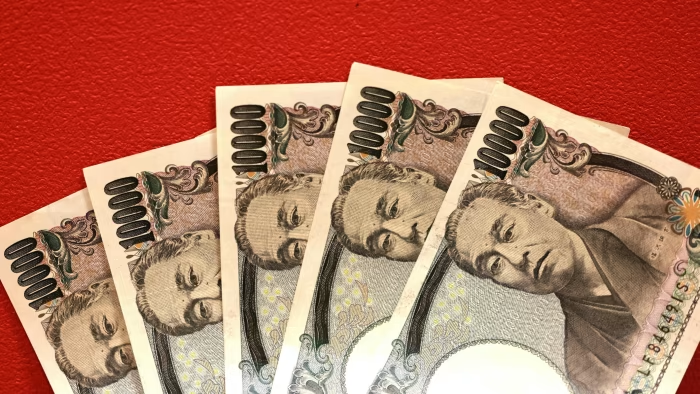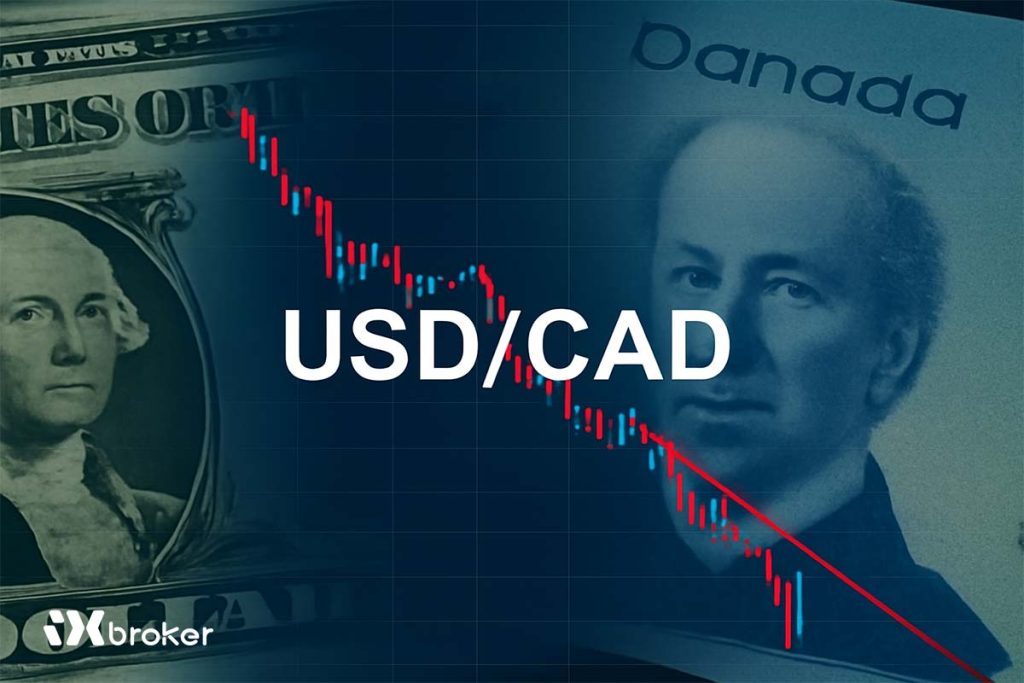Ex-FX official Asakawa says the US won’t push Japan to hike yen value despite Trump’s trade surplus concerns.
Japan is unlikely to come under U.S. pressure to strengthen the yen, even as President Trump raises concerns over the bilateral trade deficit. That’s according to former top Japanese currency official Masatsugu Asakawa, who believes the current U.S. administration prefers to keep exchange rate matters in the hands of finance authorities.
US-Japan Trade Friction Resurfaces Under Trump
The re-election of President Donald Trump has rekindled global discussions about trade imbalances, with Japan once again in the spotlight. Trump has repeatedly criticized Japan’s trade surplus with the United States, alleging that the country maintains an artificially weak yen to gain an edge in global exports. However, policymakers in Tokyo remain unfazed.
Masatsugu Asakawa, who served as Japan’s vice finance minister for international affairs from 2015 to 2019, told Reuters that despite the political noise, there’s no indication the United States will pressure Japan on currency policy in any formal way.
No Return to Plaza Accord-Style Coordination
Talks of a coordinated international effort to weaken the dollar — similar to the 1985 Plaza Accord — have also emerged amid dollar volatility. But Asakawa quickly dismissed such speculation.
“A second Plaza Accord is unlikely,” he said, pointing out that such coordination would require not only G7 cooperation but also the involvement of China and the European Union — something he sees as highly improbable in the current geopolitical environment.
Asakawa also highlighted the potential domestic risk such a policy could bring to the U.S.: “If the dollar weakens further, it could accelerate inflation — a risk that Treasury Secretary Scott Bessent is likely trying to avoid.”
Currency Issues Kept Within Finance Ministries
Despite Trump’s history of vocalizing concerns about foreign exchange policies, Asakawa noted that the actual mechanics of currency management continue to lie with finance ministries. This principle, according to him, was established during Trump’s first term, when former Prime Minister Shinzo Abe successfully argued for currency discussions to remain separate from political negotiations.
“Since then, the notion that currency matters should be left to finance leaders appears embedded within the U.S. administration,” Asakawa explained.
In April, Finance Minister Katsunobu Kato met with Treasury Secretary Bessent for their first in-person talks. Both sides agreed to maintain “constructive” dialogue on currency policy, but avoided setting any specific targets or frameworks to control yen fluctuations.
Dollar Weakness Driven by Market Forces
The dollar has seen significant weakness in 2025, with the dollar index — which tracks the currency against a basket of six peers — falling 11% in the first half of the year, marking its worst H1 performance since 1973. The yen has gained approximately 7.5% against the dollar in the same period.
Despite these movements, there’s little indication that Japan is manipulating its currency. Rather, analysts point to market-driven factors, such as shifting interest rate expectations, risk appetite, and inflationary trends in the U.S.
Asakawa emphasized that Japan remains committed to market-determined exchange rates and refrains from currency manipulation — a stance that aligns with its commitments under G7 and G20 frameworks.
Implications for Investors and Markets
For forex traders and institutional investors, Asakawa’s remarks suggest relative stability in USD/JPY exchange dynamics, despite political rhetoric. With no major policy shifts on the horizon and both countries prioritizing internal economic concerns, sharp or coordinated currency interventions seem unlikely.
In the absence of a formal policy push from Washington, market participants will likely focus on inflation data, interest rate trajectories, and global risk sentiment to gauge yen-dollar trends in the months ahead.
A Diplomatic Signal of Continuity
Asakawa’s continued engagement with current policymakers offers insight into Japan’s consistent stance on currency diplomacy. His comments reflect Tokyo’s cautious approach: to avoid politicizing exchange rates, maintain credibility in international financial markets, and promote long-term economic stability.
His message is clear — despite Trump’s aggressive tone on trade, there is little risk of a renewed currency dispute between the U.S. and Japan in the near future.



